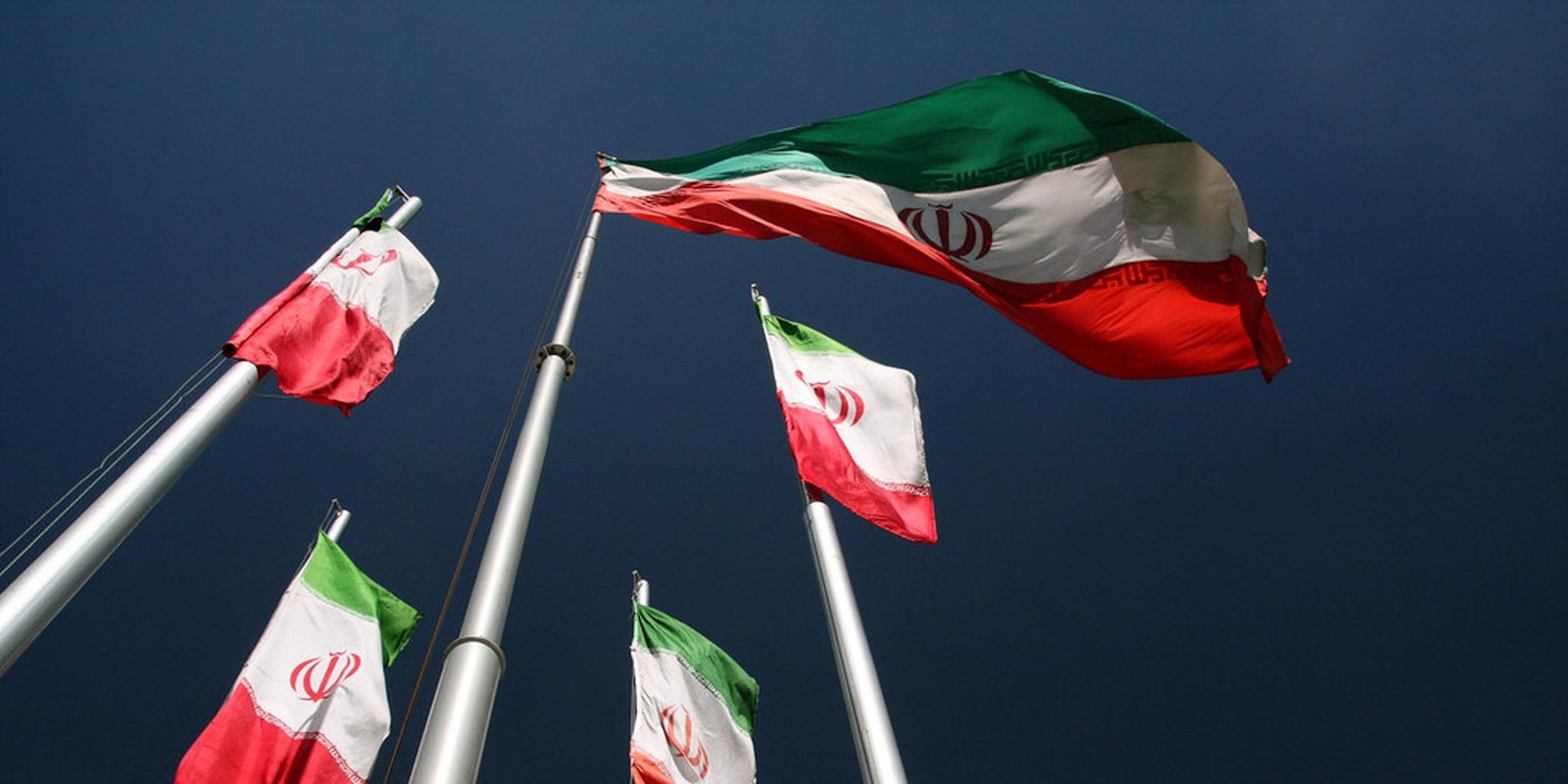Facebook is not having a good month in Iran. First, the Facebook-owned messaging app WhatsApp was reportedly banned by an Iranian censor because CEO Mark Zuckerberg is Jewish. Then a court banned the company’s photo-sharing app, Instagram. That’s not the only legal dilemma facing Facebook on Iranian soil. Zuckerberg has been summoned to another Iranian court to answer to privacy complaints about Instagram and WhatsApp, according to Basij paramilitary official Ruhollah Momen Nasab.
Nasab told semi-official news agency INSA the court had also ordered both Instagram and WhatsApp to be blocked. Exact details of the summons aren’t available, but Zuckerberg is more likely to accept friend requests from the Winkelvii than he is to show up in court. Iran and the U.S. do not have an extradition treaty, which means Zuckerberg would be at the mercy of Iranian officials.
President Hassan Rouhani has an active Twitter account, and Rouhani’s relatively moderate administration does not support blocking websites in this way. But some of Iran’s key political players take a more hard-lined approach to the country’s web access, and view the popularity of western-based services like WhatsApp and Instagram as a damaging cultural intrusion. Facebook has already been banned in Iran for this reason.
As this case makes clear, Rouhani’s moderation doesn’t preclude censorship in Iran, or legal troubles for people charged with degrading the culture with their web activity. The complex political dynamic in the country means there’s a constant power struggle between the moderate and the hard-liners. That’s why six young people were arrested in Iran for making a viral video to Pharrell’s pop song “Happy.” Their offenses included the women not wearing hijab, and dancing to western music. They were made to apologize on television, and charged with hurting public chastity. Yet their video was not shocking for Tehran residents; their behavior was not unusual. Tehran is a fairly modernized place, especially for younger people. The arrest is more about making an example of people casually skirting laws than an example of how tightly wound the everyday Iranian is. And this continued censorship is more about the power struggle between moderate and conservative political forces.
Iranians are far from absent on social media. As was the case in Turkey when Twitter was banned, the censorship has not been strictly enforced, at least not initially; users in Tehran continued to upload filtered selfies days after the decree. And across the board, technologically savvy Iranians are using proxy services and other workarounds to log on Facebook and other blocked services.
Mark Zuckerberg will likely stay out of the Iranian court system for now, but the services he runs are going to stay in Iranian life. Even Ayatollah Khamenei, the country’s moral figurehead, has an Instagram account (he did condemn unrelated men and women chatting online earlier this year, though.)
WhatsApp and Instagram may be censored, until the Iranian government succeeds in building an airtight ‘Halal’ Internet, it won’t be able to keep its citizens from accessing the western-based social web.
H/T AP | Photo via Flickr/yeowatzup (CC BY 2.0)


